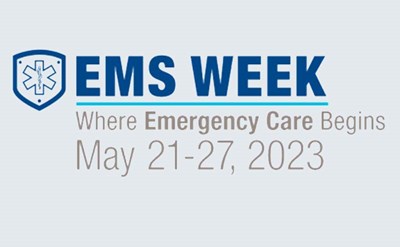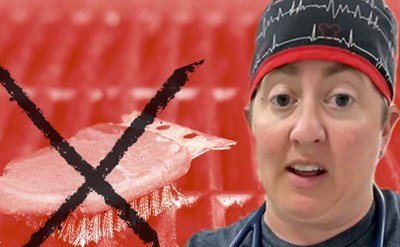WASHINGTON, D.C.—Today is National Physician Suicide Awareness Day and the American College of Emergency Physicians (ACEP) is recognizing those we have lost and strengthening its commitment to breaking the barriers that prevent emergency physicians from seeking mental health care.
“Our frontline professionals are rising to meet extraordinary challenges, but they are human and vulnerable to months of relentless stress, grief and pressure,” said Mark Rosenberg, DO, MBA, FACEP, president of ACEP. “The loss of any physician is deeply personal and tragic for families, colleagues, and patients. As we all do our best to move the country closer to the end of the pandemic, we must take better care of the health professionals who put everything they have into protecting us.”
National Physician Suicide Awareness Day is an initiative by ACEP and the Council of Residency Directors in Emergency Medicine (CORD), the Emergency Medicine Residents’ Association (EMRA), the American Academy of Emergency Medicine (AAEM) and its Resident and Student Association (RSA), the American College of Osteopathic Emergency Physicians (ACOEP) and its Resident Student Organization (RSO), and the Society for Academic Emergency Medicine (SAEM).
These organizations support Vision Zero, an effort to prevent the loss of physicians by calling on “individuals, residency programs health care organizations and national groups to make a commitment to break down stigma, increase awareness, open the conversation decrease the fear of consequences, reach out to colleagues, recognize warning signs and learn to approach our colleagues who may be at risk.”
Emergency medicine is difficult in typical times and the pandemic is only increasing the strain on the frontlines. Emergency physicians have historically high rates of career burnout with more than 65 percent of emergency physicians and residents experiencing burnout during their careers. Studies suggest that at least 6,000 emergency physicians have contemplated suicide and up to 400 have attempted to take their own life.
Despite these challenges, many emergency physicians are hesitant to address their mental health. An ACEP/Morning Consult poll shows that nearly half (45 percent) of the nation’s emergency physicians indicate that they are uncomfortable seeking mental health treatment.
ACEP is leading efforts to make sure that physicians can take necessary steps to protect their mental health, including strong support for the Dr. Lorna Breen Health Care Provider Protection Act, the bill named for the emergency physician tragically lost to suicide in April 2020. This bill calls for major steps to reduce and prevent suicide and burnout through behavioral health programs, including grants to establish and expand mental health support services, and a federal study into burnout. Emergency physicians are hopeful that the House Energy and Commerce Committee takes up discussion of this important legislation as soon as possible.
ACEP and more than 40 medical organizations have outlined recommendations to remove barriers to treatment, including the fear of reprisal, and encourage professional and peer support for physicians.
Emergency physicians also strongly support the Joint Commission's stance that a health professionals’ history of mental illness should not be used as an indication of their current or future ability to practice medicine.
“We have yet to see the true extent of the mark this pandemic will leave on everyone who works on the frontlines,” said Dr. Rosenberg. “But one of the most meaningful ways we can honor the legacy of those we have lost is to work to change the culture of medicine and do all we can to prevent future tragedies from occurring.”
 American College of Emergency Physicians
American College of Emergency Physicians







